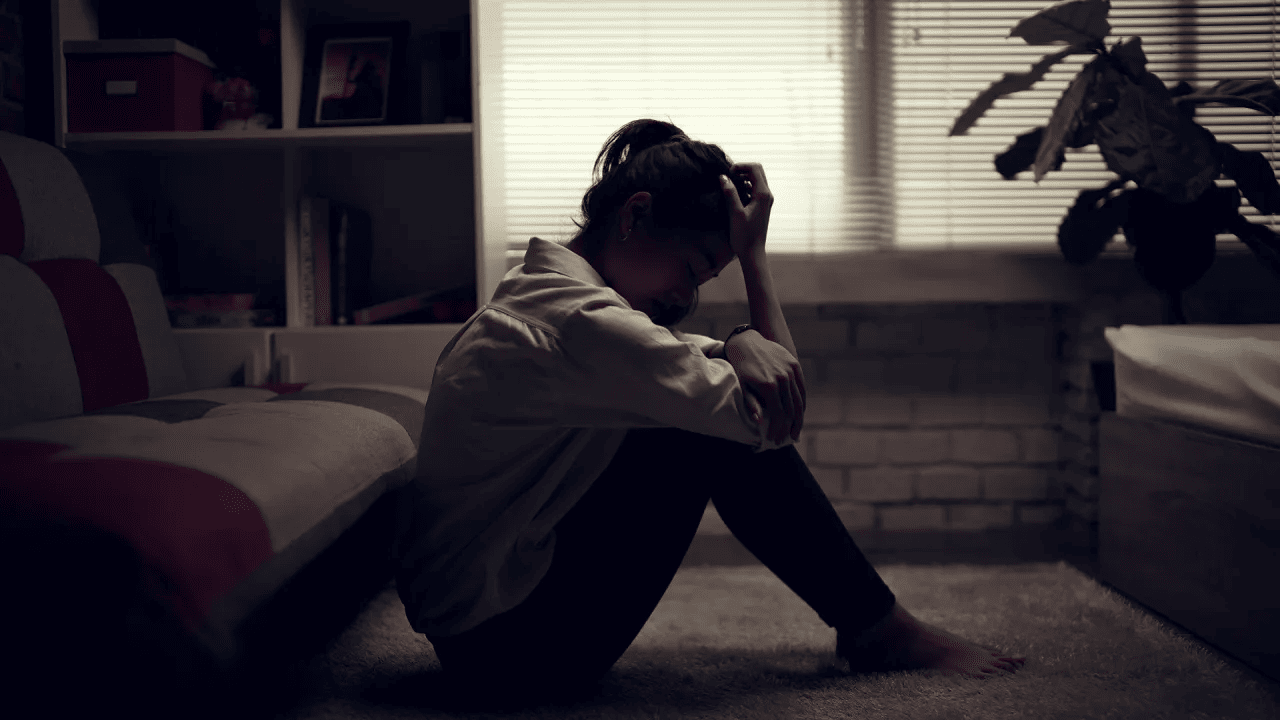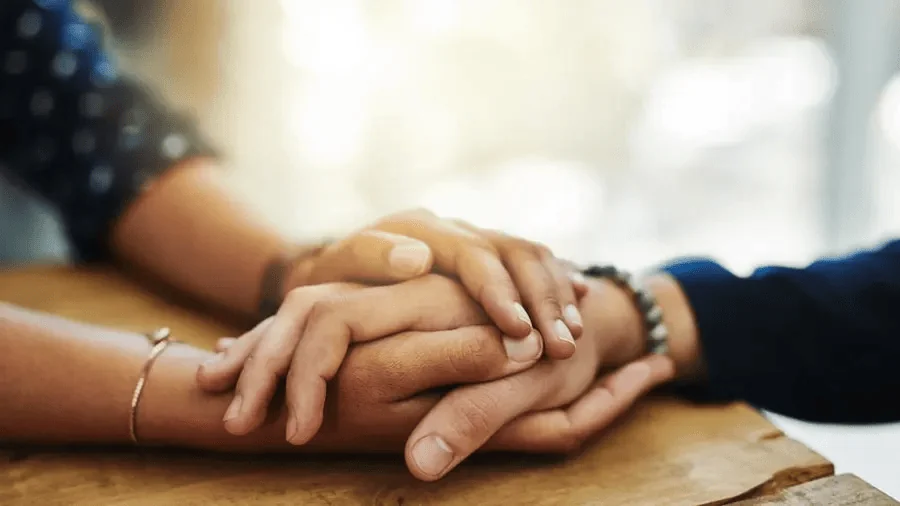
- This article explores the significance of recognising signs of depression and offers practical strategies for support and positive coping.
- By fostering understanding and seeking professional help, individuals can find their path to healing and well-being.
Mental health is like a hidden puzzle piece in our overall well-being, often concealed and overlooked amidst our well-being. Recent tragic incidents, such as the untimely deaths of pop star Coco Lee and South Korean trot singer Haesoo, serve as poignant reminders of the deep and profound impact of mental health struggles. These heartbreaking losses highlight the urgent need to recognise the signs and symptoms of mental health problems, providing support and intervention to those in need.
In this article, we delve into these invisible battles, bringing to light the critical significance of early detection and underscoring the dire necessity for a caring and supportive approach. The time to take mental health seriously is now. Let us break the silence and build a world where empathy and understanding guide us all.
How You Can Help a Friend

Depression can often be challenging to spot, mirroring the tragic incidents of celebrities mentioned, where they frequently put on a smile while experiencing a storm of emotions inside. The scariest part is that their struggles are unknown to other people. This shows that people often unknowingly need help.
So as a friend, you can play a crucial role in supporting someone who may be experiencing it. By recognising the signs and symptoms, you can provide valuable assistance and advise them to seek professional help. Here are some indicators to be aware of and ways you can offer support:
1/ Persistent sadness or feeling “empty”
If you notice your friend frequently expressing sadness, hopelessness, or a general lack of interest in activities they once enjoyed, it could be a sign of depression. They may seem withdrawn or detached, as if carrying the weight of the world on their shoulders.
It’s important to approach them with empathy and understanding. Inform them that you’ve noticed a shift in their mood and behavior, and gently enable them to express their feelings. Assure them that you will listen to them without judgment or pressure.
Sometimes, simply having someone willing to lend an ear can provide immense comfort and relief. Remind them that they don’t have to face their struggles alone and that support is available.
2/ Changes in behavior and habits
If your acquaintance suddenly starts acting or behaving differently, it may also be an indication of sadness. Keep an eye out for changes in their eating, weight, sleeping habits, or energy levels.
Concern should be raised, for instance, if they suddenly lose their hunger and/or weight, or if they suddenly acquire appetite and/or weight. Problems getting asleep or staying asleep are other possible warning signs. It’s also significant to take note if your pal shows a consistent lack of energy or motivation, having trouble doing things they used to do with ease.
If you observe any drastic changes in these areas, it’s important to communicate concern in a kind, non-judgmental way. If their situation appears to be more dire than it seems, a mental health professional is the best person you could run to. They can provide a comprehensive assessment and offer appropriate recommendations for treatment or support.
Remember, your role as a friend is to be supportive and understanding. Help them obtain the support they need by letting them know you’re worried and nudging them towards expert assistance.
3/ Isolation and Withdrawal from Society
Aside from that, keep an eye out for signs that your friend is withdrawing from social activities, avoiding gatherings, or isolating themselves. Depression can often make individuals feel overwhelmed, leading them to retreat from social interactions and prefer solitude. It’s important to understand that for some people, social withdrawal is their way of healing themselves, taking time to recharge and find solace.
In the case of celebrities like Coco Lee and Haesoo, however, they are constantly in the public eye and expected to be the face of people. Having to constantly show up and meet people, leaving little room for personal healing and introspection, this can be an unbearable burden to them. It’s a unique situation that can contribute to their struggles, and sadly, it leads them to consider suicide as an escape from this overwhelming pressure.
While still respecting your friend’s need for space, it’s important to remind them that maintaining connections with others can have a positive impact on their mental health. Motivate them to engage in activities they used to find enjoyable or meaningful, such as pursuing their hobbies, interests or participating in social events they once enjoyed. Since taking part in these activities may initially feel tough for them, offer to accompany them or provide encouragement to do so.
4/ Expressions of self-blame or worthlessness
Individuals suffering from depression are also more likely to dwell on their own shortcomings and attribute their problems to themselves. During those episodes, it’s crucial for you to offer reassurance and support if you see your friend engaging in excessive guilt, self-criticism, or thoughts of worthlessness.
Just tell your pal how much you appreciate and respect them as a person, bring attention to their best attributes and accomplishments, and motivate them to engage in constructive self-talk by questioning and replacing negative thoughts with more rational and caring ones. Explain to them that everyone goes through tough times occasionally and that it’s okay to feel down sometimes.
Although the verbal assurance is helpful, pushing them with these foreign narratives might be otherwise. Sometimes all they need is just to let it off their chests. So when they do talk about how they feel guilty or unworthy, be empathetic towards them by acknowledging and validating their feelings. By offering a safe and non-judgmental space, you can encourage them to open up further, fostering a supportive environment for healing and growth.
5/ Talks of death or suicide
The final and the most extreme sign of depression is the frequent mention of death or suicide. At any of the references, it is crucial to take the person’s words and act swiftly. Never disregard such expressions because they indicate a deep level of distress and should never be ignored.
When facing this situation, first and foremost, keep your cool and shower them with compassion. Let your friend know that you are there for them and genuinely concerned about their well-being. Validate their emotions and let them know that it is okay to feel overwhelmed, but emphasize that there are people who care about them and want to help.
While you support your friend, ensure their safety by removing any immediate access to potential means of self-harm. Continue to accompany them or persuade them to be in the company of someone they trust. It’s better not to take things into your own hands. The best course of action is to get help, whether from a mental health expert or from responsible adults.
When it comes to making sure they are safe and healthy, it’s also important to involve a responsible adult or family member who can provide the necessary support and assistance. Keep in mind that you are not expected to be the sole source of help or expertise. Simply connecting your friend in touch with appropriate resources and people is the best help you can give.
Channelling Depression into Positive Outlets

While depression can be debilitating, it’s possible to find constructive ways to cope with and manage its effects. Here are a few strategies to help:
1/ Seek professional help
Consult a mental health expert for advice and encouragement to help you through your battle with depression. Medication and therapies like cognitive-behavioural therapy (CBT) can be quite helpful.
2/ Engage in Physical Activities
The endorphins produced during exercise have been shown to improve mood and lessen depressive symptoms. Walking, jogging, doing yoga, or dancing are all examples of physical and mental health-boosting activities.
3/ Cultivate a support network
Self-care practices, such as resting, eating healthily, exercising, and focusing on positive thoughts and feelings, have been shown to improve mental health and reduce the severity of depression symptoms.
4/ Express emotions creatively
Indulging in artistic activities like writing, painting, playing an instrument, or any other form of art can be a healthy approach to processing feelings and gaining insight into one’s life.
Empowering the Path to Mental Well-being
Depression is a serious mental health issue that requires attention and understanding. By recognising the signs and symptoms, we can take steps towards seeking help and supporting others who may be going through a similar experience. It is important to realize that treating depression with compassion and understanding is essential, and that with the correct resources and assistance, individuals can find their way to a better and more positive state of mind.









